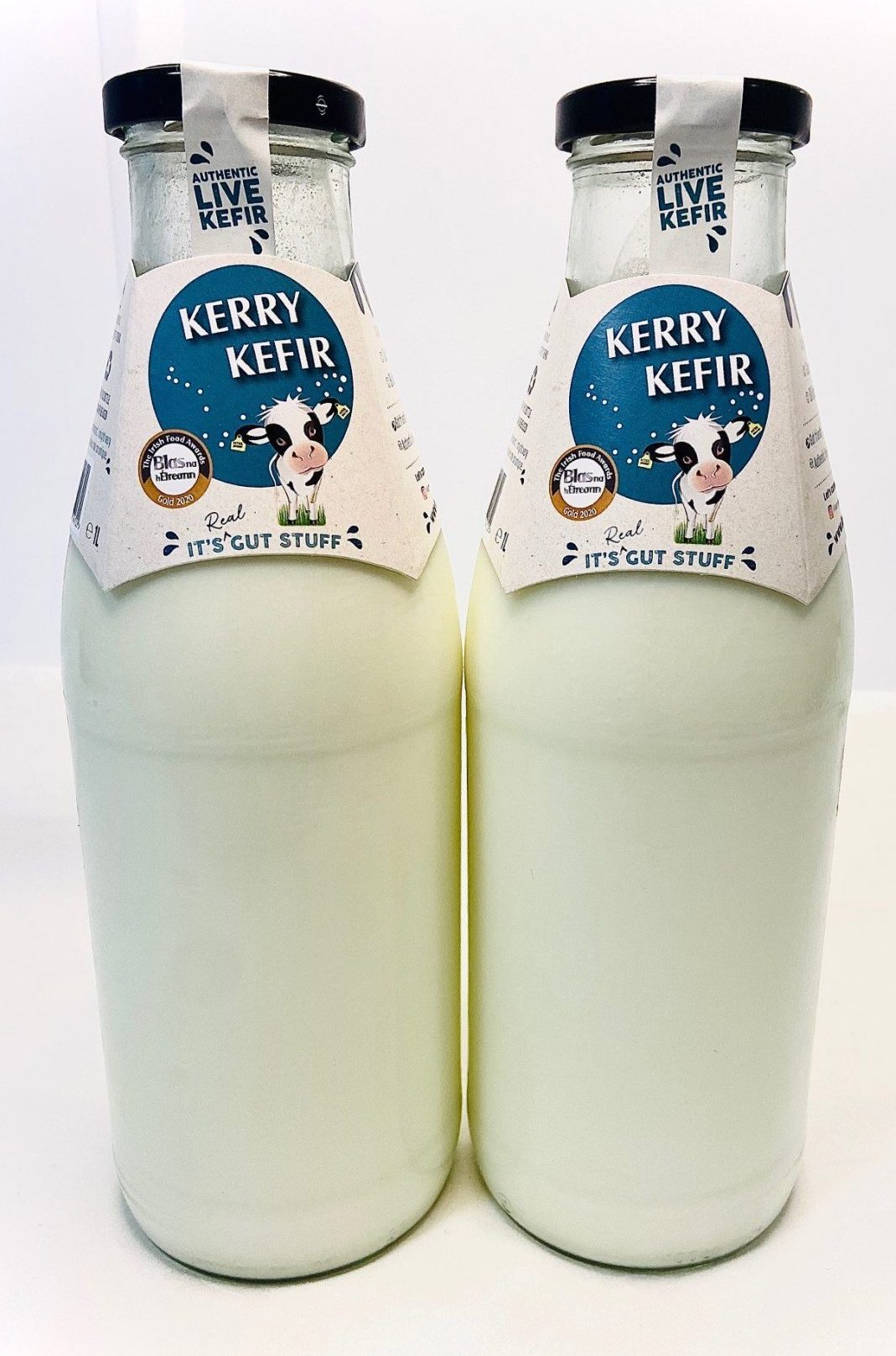The gut microbiome is a complex and dynamic ecosystem of microorganisms, primarily bacteria, along with fungi, yeast, viruses, and protozoa, that reside in our gastrointestinal tract. These microorganisms play essential roles in our health and well-being.
Understanding the Gut Microbiome
The human gut microbiome is involved in numerous critical functions, including digestion, immune function, and even the synthesis of vitamins and neurotransmitters. It helps metabolise nutrients from the food we eat, regulates the immune system, and protects against harmful pathogens. The composition of the gut microbiome is unique to each individual and can be influenced by various factors such as diet, lifestyle, age, and medication.
The Role of the Microbiome in Health and Disease
Research has shown that the gut microbiome may influence many aspects of health. For instance, imbalances in the gut microbiome, known as dysbiosis, have been linked to numerous diseases, including inflammatory bowel disease, obesity, diabetes, and even mental health disorders such as depression and anxiety. According to a study published in Nature, disruptions in the microbiome may affect the immune system’s ability to respond properly, potentially leading to autoimmune diseases.

The Impact of Fermented Foods on the Microbiome
Research continues to show that fermented foods, such as kefir, sauerkraut, and kimchi, are rich in probiotics, which are live microorganisms that may provide health benefits when consumed in adequate amounts. These foods undergo a natural fermentation process where bacteria and yeast convert sugars into alcohol or acids, which act as natural preservatives and give fermented foods their distinctive sour taste.
Kefir and Its Benefits
Traditional kefir is a fermented milk drink made using kefir grains. The fermentation process of kefir involves numerous strains of bacteria and yeasts, making it a rich source of diverse microorganisms. A study published in Frontiers in Microbiology discusses how kefir helps balance the gut microbiome by enhancing the growth of beneficial bacteria and suppressing harmful pathogens. This may lead to improved digestion and a strengthened immune system.
How Fermented Foods Influence the Microbiome
Incorporating fermented foods like kefir into one’s diet may significantly impact the diversity and health of the gut microbiome. These foods introduce beneficial bacteria that may colonise the gut, promoting a healthy intestinal environment. Regular consumption of fermented foods has been associated with improved gut health, enhanced immune response, and reduced inflammation.
The gut microbiome plays a crucial role in our overall health, influencing various bodily functions and disease risks. Fermented foods, rich in gut-friendly bacteria, are an excellent way to support and maintain a healthy microbiome. By including foods like kefir in your diet, you can help ensure your gut microbiome thrives, which in turn can boost your health and well-being.

Alongside fermented foods, dietary fibre is crucial for nurturing our gut microbiome. A diet rich in a diverse array of fibrous foods from various plant sources encourages a varied microbial population, essential for optimal gut health. However, it’s important to remember that true gut health comes from a balanced diet. This means incorporating a wide range of nutrients from different food groups, not just focusing on fibre and fermented products. Eating a variety of fruits, vegetables, proteins, and fats ensures that your body gets a holistic range of nutrients needed to support overall health.
By understanding and nurturing our gut microbiome with the right combination of foods—including a balanced diet rich in fibre and fermented foods—we can take an essential step towards maintaining our health and preventing various diseases. As research continues to unfold, the connection between our diet, our gut microbiome, and our overall health becomes increasingly clear, highlighting the importance of dietary choices in maintaining our health
